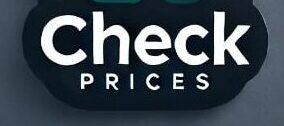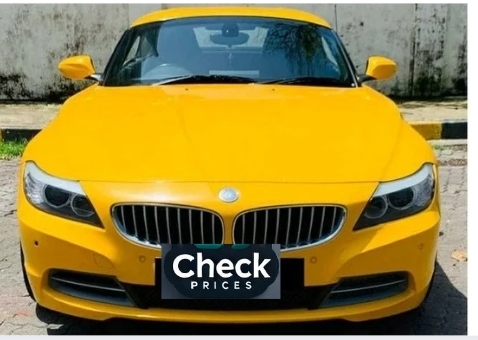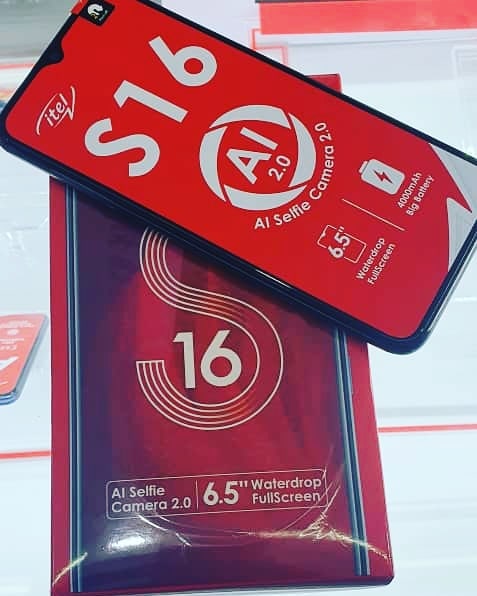Buying a Better Priced Used Cars is a significant financial commitment, but opting for a used car can offer substantial savings without compromising on quality.
In this article, we’ll guide you through finding better-priced used cars, highlight the key factors to consider, and offer practical tips for securing the best deal. Our aim is to equip you with the knowledge to make an informed purchase.
Why Choose a Used Car Over a New One?

When deciding between a new or used car, the cost difference is often the primary motivator. Used cars provide excellent value because they’ve already depreciated, saving you money upfront and in the long run.

Let’s explore the reasons why opting for a used car makes financial sense:
- Lower Initial Cost: Used cars come with a much lower price tag compared to new vehicles, even those that are just a year or two old.
- Reduced Depreciation: New cars depreciate as soon as you drive them off the lot, but used cars have already experienced the bulk of their depreciation.
- Lower Insurance Costs: Insurance premiums are generally lower for used cars due to their reduced value.
How to Identify the Best Priced Used Cars
1. Set a Realistic Budget
Before starting your search, it’s essential to establish a clear budget. A well-defined budget helps narrow your options and ensures you don’t overspend. Include factors such as the car’s price, registration, taxes, insurance, and any repair or maintenance work that may be necessary.
2. Research Car Models
Different car models hold their value better than others. Research cars that have a reputation for longevity and low maintenance costs. You want a vehicle that offers reliability without breaking the bank.
Top Affordable Used Cars by Model:
- Honda Civic: Known for its durability and fuel efficiency.
- Toyota Corolla: Offers great resale value and low maintenance costs.
- Ford Focus: A budget-friendly option with good fuel economy.
3. Check Car Listings and Dealerships
Online car listings and dealerships are excellent starting points for finding used cars. Some popular websites to explore include:
- CarGurus: Offers a pricing guide and allows you to compare listings across various dealerships.
- Cars.com: A reliable resource for both private sellers and dealerships.
- Autotrader: Provides a wide selection of cars, complete with reviews and detailed listings.
By comparing prices across multiple platforms, you can gauge the market value for the car model you’re interested in.
4. Negotiate for a Better Price
Negotiation is key when buying a used car. Dealerships often mark up their prices, leaving room for bargaining. It’s important to research the fair market value of the car before entering negotiations.
Use this information to justify your offer and be prepared to walk away if the price doesn’t meet your expectations.
5. Check for Financing Options
While paying in cash is ideal, not everyone has the funds upfront. Some dealerships offer financing options for used cars. Compare interest rates and terms to ensure you’re getting a favorable deal.
What to Look for in a Used Car

When evaluating used cars, you need to look beyond the price tag. Certain factors can significantly affect the car’s long-term value and performance.
1. Vehicle History Report
A vehicle history report provides critical information about a car’s past, including accident history, previous owners, and any reported damage. Websites like Carfax or AutoCheck offer comprehensive reports.
2. Mileage
Lower mileage usually means less wear and tear. However, don’t dismiss a higher-mileage vehicle if it has a solid maintenance record. Cars with higher mileage but regular servicing can still offer good value.
3. Condition of the Car
Inspect the exterior and interior of the vehicle. Look for signs of wear, rust, or damage. Test drive the car to check the condition of essential systems like the brakes, suspension, and engine.
4. Maintenance Records
Ask for maintenance records to see how well the car has been cared for. A well-maintained car will likely need fewer repairs, making it a better investment over time.
Certified Pre-Owned (CPO) vs. Used Cars: Which is Better?
A certified pre-owned (CPO) vehicle is a used car that has undergone a rigorous inspection and comes with an extended warranty from the manufacturer.
While CPO cars are often more expensive than regular used cars, they provide added peace of mind. Here’s a quick comparison:
- CPO Benefits: Extended warranty, detailed inspection, roadside assistance.
- Used Car Benefits: Lower price, more variety, and more room for negotiation.
If you value reliability and warranty coverage, a CPO car may be worth the extra cost. Otherwise, a standard used car offers a wider selection and lower prices.
Common Mistakes to Avoid When Buying a Used Car
1. Skipping the Test Drive
Never skip the test drive. This allows you to assess the car’s comfort, handling, and overall condition. Pay attention to any unusual noises, vibrations, or issues with the car’s performance.
2. Ignoring the Total Cost of Ownership
Beyond the purchase price, consider the long-term costs of owning the vehicle, such as maintenance, fuel, insurance, and potential repairs. Some models are more expensive to maintain than others, so factor these into your decision.
3. Failing to Get a Mechanic’s Inspection
Before finalizing your purchase, hire a trusted mechanic to inspect the car. They can identify potential issues that may not be visible to the untrained eye. This can save you from costly repairs down the road.
Tips for Negotiating the Best Deal on a Used Car
Negotiating the price of a used car can be intimidating, but it’s an essential part of the buying process. Here are a few tips to help you secure the best deal:
- Know the Market Value: Use tools like Kelley Blue Book to determine the fair market value of the car.
- Start Low, But Be Reasonable: Begin with a lower offer and gradually increase if needed. Be polite but firm during negotiations.
- Highlight Any Issues: If the car has minor issues, use this as leverage to negotiate a lower price.
- Be Prepared to Walk Away: If the seller won’t budge on the price, be prepared to walk away. Sometimes, this is enough to prompt a better offer.
Conclusion
Buying a used car is a smart financial decision that can save you thousands of dollars if done correctly. By researching the market, evaluating the car’s condition, and negotiating effectively, you can find a quality vehicle at a better price. Always prioritize reliability and maintenance history over just the price to ensure you get a good deal in the long run.
Also Read: Used Armored Cars for Sale Price
FAQs
1. What is the best time of year to buy a used car?
The best time to buy a used car is typically at the end of the year or during holiday sales events when dealerships are looking to clear out inventory.
2. How can I check if a used car has been in an accident?
You can check a vehicle’s accident history by obtaining a vehicle history report from services like Carfax or AutoCheck.
3. Is it better to buy from a private seller or a dealership?
Buying from a private seller can often result in a lower price, but dealerships offer more consumer protection and financing options. Choose based on your preference for cost savings versus added security.





















+ There are no comments
Add yours